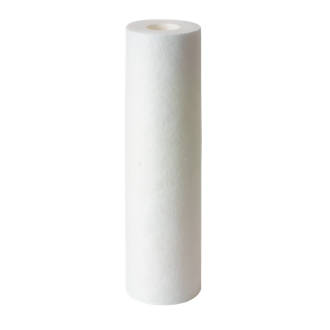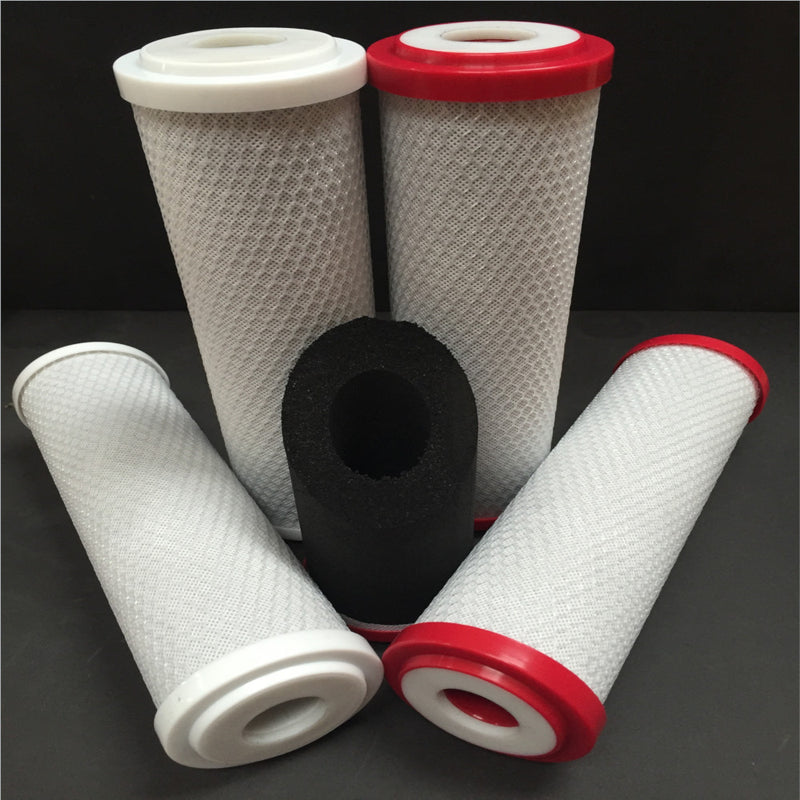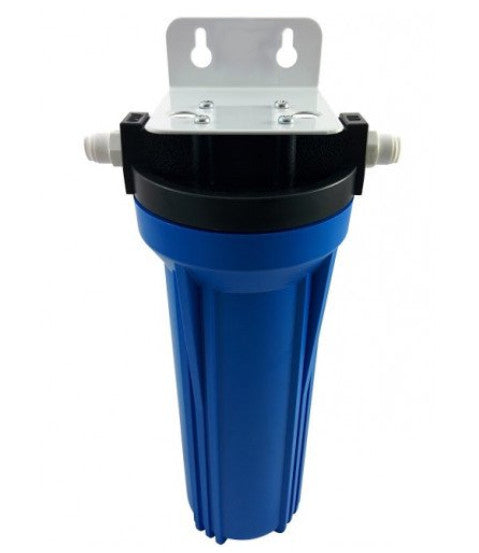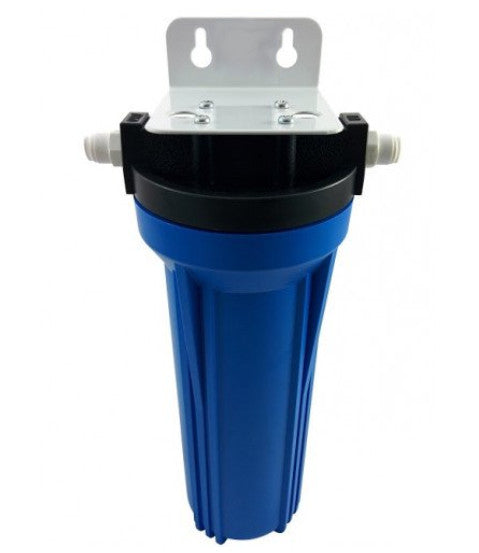How does a UV unit work?

A UV disinfection system is used to treat unwanted microorganisms, primarily in water or air. I'll briefly describe the difference in how to two setups would operate and then cover the common ground between them.
UV technology
UV systems have been known about and commercially viable for a good few decades now. We use Mercury vapour lamps to give off UV-C light at 254 Nm and the amount of UV power given off from the lamp is around a third of the total lamp output (the rest of the energy is used to produce heat and non-useful light). This type of light works against organic material because it disrupts a cells natural reproductive system. To explain it simply, where a cell will divide to reproduce, UV light will break down the DNA bonds and prevent that from happening. There are repair mechanisms that can occur, but these happen to such a small scale that we disregard them at the level we work to as their effect is negligible.
Water applications
UV lamps in water treatment are often used within stainless steel reactors and protected with a quartz sleeve (quartz lets more UV light through than glass and has better thermal qualities). The water that passes through the reactor will need a certain dosage of UV to treat the unwanted microorganisms, and that's applied by working out the power of the UV system and the flow rate of the water passing through the unit. In that respect, there's very little you can do in terms of choosing the size of your UV unit. You'll need a certain sized system depending on the quality of your water.

Air applications
UV lamps used in air applications will often need help regulating their temperature but the same principles are applied. It's better to work in enclosed spaces but these are used more and more often in facilities like supermarkets and factories, where the air is limited and/or regulated in the HVAC setup. Standards air systems work on the basis of giving a dosage based on natural convection, though it's becoming increasingly easier to give a greater mean dosage using modelling techniques and strategically placing fans. These should never be placed where direct or indirect UV light can get into the eyes of nearby people. It works on good types of organic matter as well as bad.

The Pros and Cons of UV disinfection
This is the same for all UV applications
Pros
Chemical free - Storage and usage of chemicals is at least reduced when using UV. You may not be able to get rid of using chemicals completely but UV will be able to do the lions share of what chemicals are used for.
Easy to maintain - UV systems tend to need looking at on an annual basis. Even the most needy UV units only need bi-annual check ups. They're pretty simple as well so maintenance time tends to be reasonable.
No overdosing - Unlike other treatment methods, you can never give something too much UV. While heat build up may be an issue with really slow or infrequently used water, that's easily countered.
No water loss - With things like reverse osmosis there's a certain amount of water wasted in the process of getting clean water. That's not to say that RO is bad, UV just doesn't lose any water during the process.
Cons
No residual treatment - UV is only effective in the UV unit unlike say Chlorine but in a swimming pool. This is why some applications may still need a little chemical input. For the most part this is a minimal issue but will also be the case where power outages (like places prone to natural disasters) are common.
No filtration - While they're often called UV water filters they don't actually filter anything out of water, even the microorganisms they're disinfecting. This means that they're often used in conjunction with actual filters. They're very complementary equipment.
Easy to forget - Domestic and commercial systems tend to get set and forgot about. That's a testament to how easy they are to look after but it's something to keep an eye out for.






